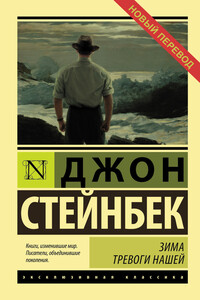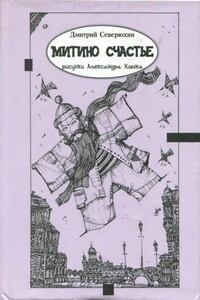Once there was a war | страница 41
In appearance this goat is not impressive. He has a shabby, pinkish fur and a cold, fishlike eye; his legs are not straight, in fact he is slightly knock-kneed. He carries his head high and his horns, painted in brilliant red and blue, more than offset any physical oddness. In every way, he is a military figure. He is magnificent on parade. Eventually he will be given a crypt in the Air Ministry and will die in good time of that military ailment, cirrhosis of the liver. He will be buried with full military honors.
But meanwhile Wing Commander William Goat, DSO, is the luck of his wing, and his loss would cause great unrest and even despondency.
STORIES OF THE BLITZ
LONDON, July 10, 1943—People who try to tell you what the blitz was like in London start with fire and explosion and then almost invariably end up with some very tiny detail which crept in and set and became the symbol of the whole thing for them. Again and again this happens in conversations. It is as though the mind could not take in the terror and the noise of the bombs and the general horror and so fastened on something small and comprehensible and ordinary. Everyone who was in London during the blitz wants to describe it, wants to solidify, if only for himself, something of that terrible time.
“It’s the glass,” says one man, “the sound in the morning of the broken glass being swept up, the vicious, flat tinkle. That is the thing I remember more than anything else, that constant sound of broken glass being swept up on the pavements. My dog broke a window the other day and my wife swept up the glass and a cold shiver went over me. It was a moment before I could trace the reason for it.”
You are going to dine at a small restaurant. There is a ruin across the street from the place, a jagged, destroyed stone house. Your companion says, “On one of the nights I had an engagement to have dinner with a lady at this very place. She was to meet me here. I got here early and then a bomb hit that one.” He points to the ruin. “I went out in the street. You could see plainly, the fires lighted the whole city. That front wall was spilled into the street. You could see the front of a cab sticking out from the pile of fallen stone. Thrown clear, right at my feet as I came out of the door, was one pale blue evening slipper. The toe of it was pointing right at me.”
Another points up at a wall; the building is gone, but there are five fireplaces, one above another, straight up the wall. He points to the topmost fireplace, “This was a high-explosive bomb,” he says. “This is on my way to work. You know, for six months there was a pair of long stockings hanging in front of that fireplace. They must have been pinned up. They hung there for months, just as they had been put up to dry.”





